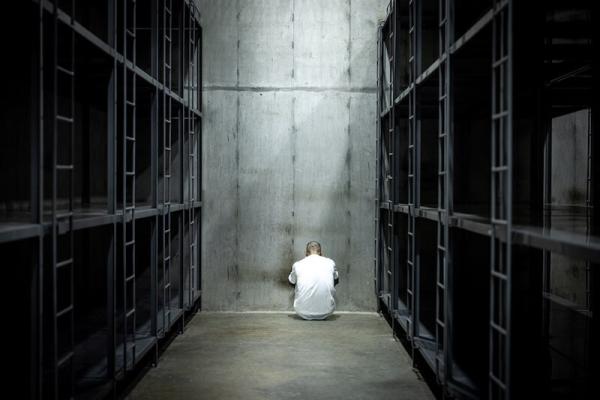A few days ago, my son started a science journal to write down questions and answers about why certain things happen in the natural world. His first question was: Why do leaves change color in autumn?
The kid-friendly answer is that because the sun is out less, the chlorophyll that gives the leaves their green color begins to fade, and as it fades out, the leaves turn to their reds, oranges, yellows, and eventually browns during the season.
This scientific explanation makes sense. But still, there is something magical about autumn, about the way everything around us transforms and changes before our eyes. Perhaps there is something holy even in the way we are forced to look at death as a way of life, as a necessary process on this earth we inhabit.
As 2020 approaches, the American political landscape is feeling more volatile and toxic. At the same time, we are continuing to have conversations about the church, about issues of inclusion and exclusion, taking a hard look again at the layers of misogyny throughout our religious foundations. We are having conversations about mental health and self-care and how we can create healthier spaces when our systems seem to be really unhealthy. Many of us are longing for community and belonging and wondering how to get there. So, this fall, perhaps we can learn a few lessons from the earth as she does her thing.
Because of my son’s curiosity, I also learned that the reason leaves fall from the trees is because the tree is trying to prepare itself for winter and, eventually, for the coming spring. Wherever a leaf falls from a tree, a new leaf will grow in its place. So, the mother tree must push its own leaves, those little extensions of itself, from the branches so that life can continue.
If the earth is always doing what is necessary to keep the seasons, to keep going as is her custom, to keep creating and breathing life and dying and creating again, maybe we can do the same.
Maybe we can decide to let go of the things from the past season, to let our grief or our fears fall from our tired limbs and prepare us for a future birth.
In Potawatomi culture, winter is our time to tell stories, the time for our elders to gather us close and help us remember who we are and what we are born from. It is a time to gather, rest and remember. But we are not there yet.
Right now, we are watching the earth and the creatures around us get to work. Squirrels are gathering the nuts that they will eat all winter. Birds are preparing for their long migrations. And the maple leaves are beginning their slow farewell to all that know and love them.
Later, we will gather and tell stories. But right now, we are getting to work, tending to our fires, preparing our own spirits. We are remembering who we are and what we are called to. We are gathering with our communities, our family and friends, to ask big questions and have difficult conversations about faith and spirituality and what it means to tell the truth.
In America, we are transforming, whether we recognize it or not. We are preparing for a new season, and we are storing up our own souls for what comes next. What will we look like a few days from now, a few weeks from now, a few months from now when autumn is turning to winter?
This morning, I found my son writing in his nature journal, detailed explanations of what he’d experienced when he was outside last.
“I notice that small sticks break easier than thick ones,” he wrote.
This tiny detail noticed by a 7-year-old transforms the world as he knows it. Every time he leans into his curiosities with respect and humility, he is growing into the fullness of what it means to be a human on this earth.
And I wonder what we might learn from this as adults, what our curiosity might lead us to. Just as we are watching the trees let go, we are learning that shedding even the expectations of who we think we need to be will bring freedom. We are present, we are here, we are in awe and wonder, and that will transform everything around us and inside of us .
This is the magic of autumn. Letting go and beginning anew.
Got something to say about what you're reading? We value your feedback!







